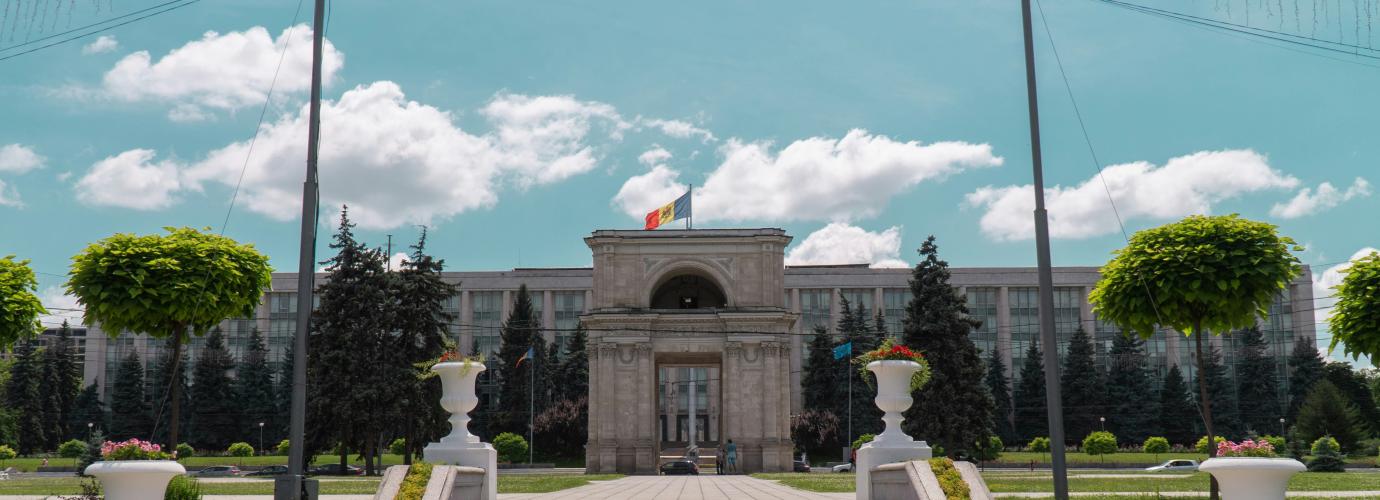Adult education is a component of lifelong learning, initiated after the completion of the first stage of education, regardless of the level at which the initial training was interrupted. It ensures continuous access to science, information, and culture and encompasses all organised educational processes, regardless of content, level, or method, within a formal, non-formal, or informal framework. The goal is to facilitate the individual's flexible adaptation to the ever-changing socioeconomic realities and to develop the skills necessary for professional and social activities.
Access to adult education is guaranteed for everyone, without discrimination based on age, race, nationality, origin, ethnicity, language, religion, gender, political opinion, wealth, social origin, or any other criteria.
According to the Education Code, adult education includes:
-
general education, which ensures the overall development of adults in terms of culture, socioeconomic, technological, and ecological aspects;
-
initial vocational training, referring to any training process where an adult without a qualification receives the appropriate preparation to acquire the minimum professional skills needed to obtain employment;
-
continuous vocational training, referring to any training process where an employee, already possessing a qualification or profession, further develops their professional skills by deepening knowledge in their core specialty or by learning new methods or procedures applied within that specialty.
Adult vocational training also includes programmes for improvement, retraining, specialisation, and partial qualification programmes—micro-qualification.
Forms of adult education organisation include full-time, part-time, and distance learning.
The state guarantees adults the development of basic digital skills, under conditions established by the Ministry of Education and Research.
Adult education is financed through state budget funds, payments from individuals and legal entities, contributions from professional associations and employers, sponsorships, donations, tuition fees, personal contributions, external funds (projects), and other legal sources. Adult education programmes that address specific local development needs fall under the responsibility of local public authorities at both the first and second levels and may be financed from local budgets.
In the Republic of Moldova, adult education is carried out based on the Regulation on Adult Education, approved by Government Decision 222/2024.

